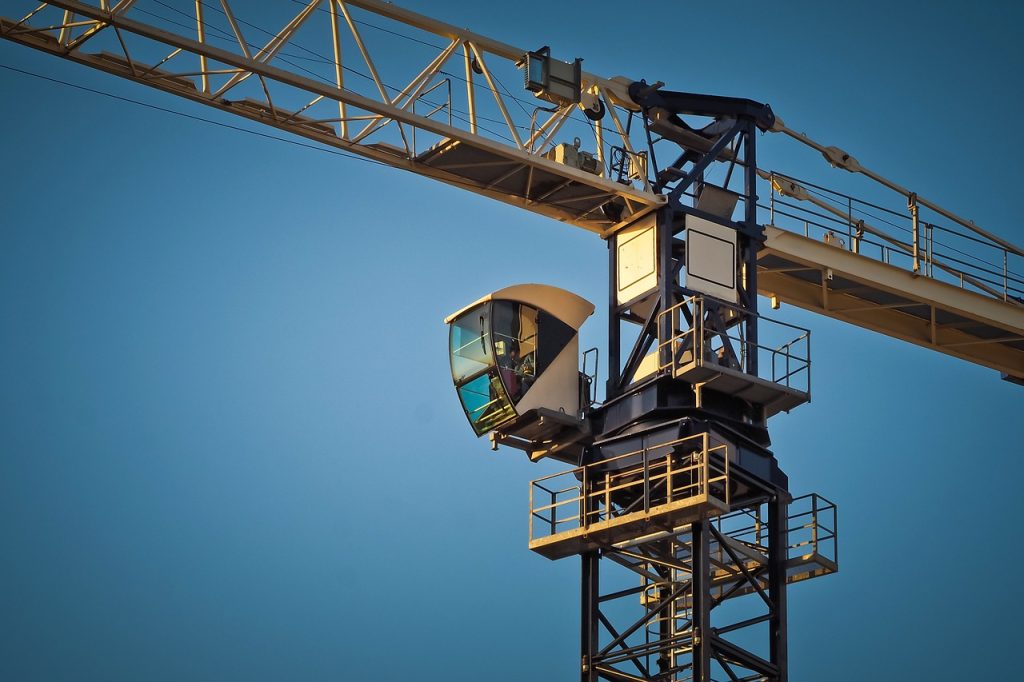Are crane operators in demand in Canada
In this article, we would provide an answer to the question ‘are crane operators in demand in Canada. Before then, it is important to know who a crane operator is and what he or she does.
Who is a crane operator?
A crane operator is a skilled professional responsible for operating heavy machinery called cranes. Their primary job is to lift and move heavy materials, equipment, and objects on construction sites, at ports, in manufacturing facilities, and various other industrial settings. Crane operators must have a good understanding of crane operation principles, safety procedures, and the ability to control the crane’s movements accurately. Safety is a critical aspect of their job, as improper operation can lead to accidents and injuries.
Responsibilities of a crane operator
The responsibilities of a crane operator typically include:
1. Crane Operation:
Safely operating cranes to lift, lower, and move heavy materials and equipment.
2. Pre-Operation Inspection:
Conducting pre-shift inspections of the crane to ensure it’s in good working condition, including checking controls, cables, hooks, and safety devices.
3. Load Management:
Determining load weights and load charts to ensure safe lifting capacities are not exceeded.
4. Communication:
Maintaining clear communication with ground personnel or signalers using hand signals, radios, or other communication devices.
5. Safety:
Adhering to strict safety protocols and guidelines to prevent accidents, including proper setup, load securement, and maintaining a safe distance from hazards.
6. Equipment Maintenance:
Reporting any mechanical issues or maintenance needs to ensure the crane’s continued safe operation.
7. Precision and Control:
Operating the crane with precision, including hoisting, swinging, and positioning loads accurately.
8. Environmental Awareness:
Considering factors like wind, weather conditions, and ground stability to ensure safe crane operation.
9. Documentation:
Keeping records of crane operation, maintenance, and safety inspections.
10. Emergency Response:
Being prepared to respond quickly to emergency situations, such as equipment malfunctions or changing weather conditions.
11. Training and Certification:
Obtaining the necessary training and certifications to operate specific types of cranes, as regulations may vary by region and crane type.
12. Teamwork:
Cooperating with other construction or industrial workers to ensure efficient and safe lifting operations.
Overall, crane operators play a vital role in construction and various industries by facilitating the safe and efficient movement of heavy materials and equipment.
Where can a crane operator work in Canada?
Crane operators in Canada can work in a variety of industries and settings, including:
1. Construction:
Many crane operators find employment on construction sites, where they help with the lifting and placement of construction materials, such as steel beams, concrete, and pre-fabricated components.
2. Ports and Shipping:
Crane operators are needed at ports and shipping facilities to load and unload cargo containers from ships and trucks using large container cranes.
3. Manufacturing:
Some manufacturing facilities use cranes to move heavy machinery and materials within their operations.
4. Mining:
In mining operations, crane operators are responsible for moving large quantities of minerals and materials.
5. Oil and Gas:
The oil and gas industry often employs crane operators to assist with various tasks, such as lifting equipment, pipes, and structures on drilling rigs or in refineries.
6. Forestry:
Crane operators in the forestry industry handle the loading and unloading of logs and timber products.
7. Warehousing and Distribution:
Warehouses and distribution centers may use cranes for efficient storage and movement of goods.
8. Specialized Industries:
Some crane operators work in specialized industries like wind energy, where cranes are used to erect and maintain wind turbines.
9. Municipal and Public Works:
Public infrastructure projects, such as bridge construction and roadwork, may require crane operators.
10. Events and Entertainment:
In some cases, crane operators are needed for large-scale events and entertainment productions to handle stage setups and equipment.
Job titles of a crane operator
Crane operators may go by various job titles depending on the industry and the specific type of crane they operate. Some common job titles for crane operators include:
1. Crane Operator
2. Mobile Crane Operator
3. Tower Crane Operator
4. Overhead Crane Operator
5. Boom Truck Operator
6. Gantry Crane Operator
7. Crawler Crane Operator
8. Lattice Boom Crane Operator
9. Harbor Crane Operator
10. Shipyard Crane Operator
11. Offshore Crane Operator
12. Bridge Crane Operator
13. Container Crane Operator
14. Rough Terrain Crane Operator
15. All-Terrain Crane Operator
16. Friction Crane Operator
17. Knuckle Boom Crane Operator
18. Articulating Crane Operator
19. Hydraulic Crane Operator
Are crane operator in demand in Canada?
So, are crane operator in demand in Canada? According to Canada Job Bank, labour demand and labour supply are expected to be broadly in line for this occupation group over the 2022-2031 period at the national level. This simply means that crane operator is in average demand in Canada.
Factors influencing the demand for crane operators in Canada include:
1. Construction Industry:
Crane operators are often in demand in cities and regions experiencing significant construction projects, such as residential, commercial, and infrastructure development.
2. Resource Extraction:
In provinces with active mining, forestry, and oil and gas sectors, there may be a need for crane operators to support these industries.
3. Infrastructure Projects:
Government-funded infrastructure projects, such as road construction, bridge building, and public transportation developments, can create job opportunities for crane operators.
4. Replacement of Retiring Workers:
The retirement of experienced crane operators can also create job openings in the industry.
5. Seasonal Variations:
Demand for crane operators may be influenced by seasonal factors, such as construction activity being more active during certain times of the year.
Conclusion
We have come to the end of this article on ‘are crane operators in demand in Canada?’ Do you have any question or suggestion for us, let’s know in the comment section below.
